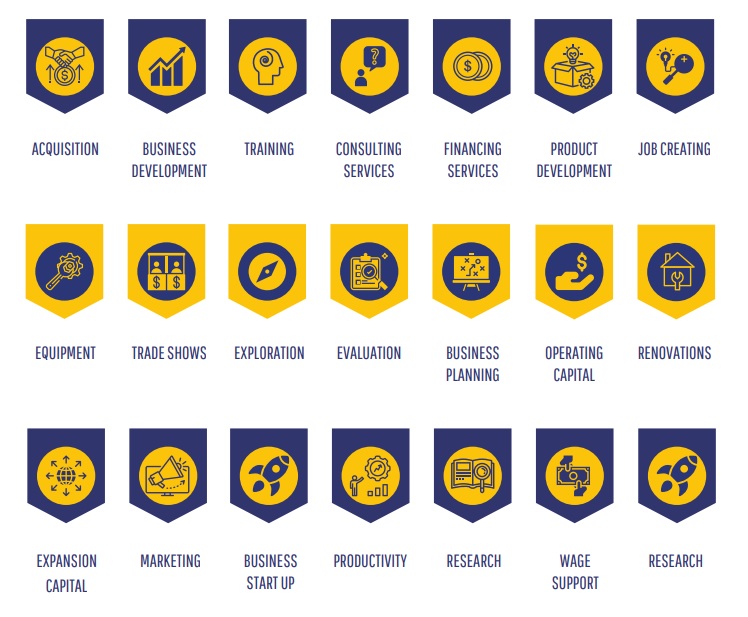Download the Canadian Government Funding Checklist
Download the Nova Scotia Government Funding Checklist
The Nova Scotia Government Funding Checklist is an incredibly user-friendly tool to help you and your small business navigate through the process of securing necessary funding via government of Canada programs and options tailored for Nova Scotia. Take a moment to access this free checklist and start the government funding process for your own small business in Nova Scotia.
Click here to download the Nova Scotia Government Funding Checklist
Nova Scotia Government Funding Checklist Details
For small business owners in Nova Scotia, or those considering starting a business, securing funding is often a critical need, especially in today’s economic climate. The Canadian government, with a focus on supporting provincial economies, offers significant resources to help individuals in Nova Scotia start and expand their businesses. This support aims to boost the local economy, create jobs, and nurture the entrepreneurial spirit in the province.
However, understanding and navigating the process of acquiring government funding can be complex.
The checklist provided by Canada Startups is designed to assist you in affirming four key aspects, ensuring your success in obtaining government funding for your small business in Nova Scotia:
- Developing Your Business Plan: Understand the importance of a detailed business plan and how it can impress potential funders.
- Identifying Your Funding Needs: Assess and quantify your financial requirements for starting or expanding your business.
- Initiating the Funding Search: Learn how to effectively search for and identify the right funding programs that cater to businesses in Nova Scotia.
- Navigating the Funding Application Process: Gain insights into successfully completing applications and avoiding common pitfalls that lead to rejection.
Despite seeming straightforward, many government funding applications are refused or denied due to issues in these key areas. The downloadable checklist delves into each step with clarity, guiding you to avoid common errors and successfully navigate the challenges of securing funding.
Download Your Free Nova Scotia Government Funding Checklist Here
This checklist is an indispensable tool for entrepreneurs in Nova Scotia, simplifying the process of understanding and engaging with government funding avenues, thereby increasing your chances of securing the financial support needed for your business.








Recent Comments